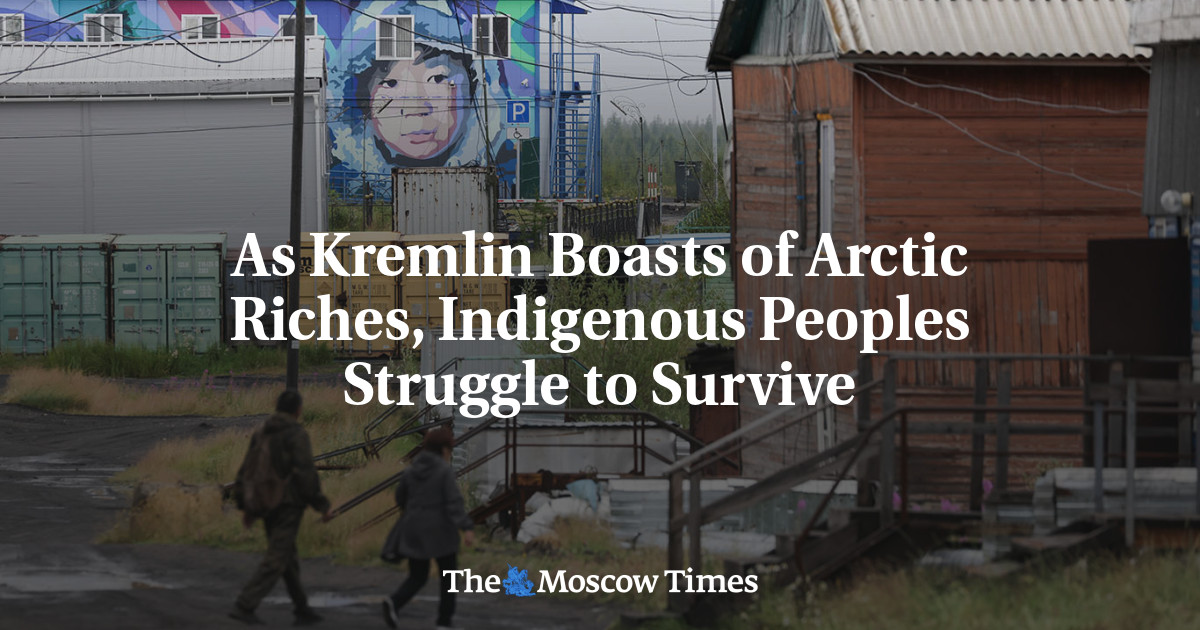For months, Kseniia Bolshakova’s sister has struggled to put food on the table in Khatanga, a village of 2,500 people and one of Russia’s northernmost settlements. “She said they haven’t been able to eat properly for two months because there’s not enough food,” Bolshakova, an Indigenous Dolgan activist, told The Moscow Times. Because all food is flown in, the village grapples with chronic food shortages, Bolshakova said. “When a plane [with food] arrives, people literally run to the stores to take a spot in a huge line,” she said. Shops use a rationing system “to make sure that one family doesn’t buy up all the potatoes in town.” Russia is flaunting the resource wealth of its Arctic regions to Washington and Beijing, hoping that either country will invest in energy or rare earth mineral extraction or collaborate on infrastructure. But the Indigenous peoples of the Arctic are unlikely to benefit from this international cooperation. Instead, experts and activists say, they are more likely to live much as they have for decades: in abject poverty and facing the creeping destruction of their local ecosystems and erasure of their traditional w
Continue Reading on The Moscow Times
This preview shows approximately 15% of the article. Read the full story on the publisher's website to support quality journalism.
